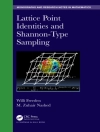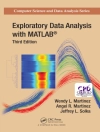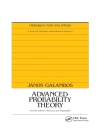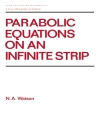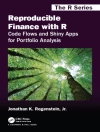A module M is called distributive if the lattice Lat(M) of all its submodules is distributive, i.e., Fn(G + H) = Fn G + Fn H for all submodules F, G, and H of the module M. A module M is called uniserial if all its submodules are comparable with respect to inclusion, i.e., the lattice Lat(M) is a chain. Any direct sum of distributive (resp. uniserial) modules is called a semidistributive (resp. serial) module. The class of distributive (resp. semidistributive) modules properly cont.ains the class ofall uniserial (resp. serial) modules. In particular, all simple (resp. semisimple) modules are distributive (resp. semidistributive). All strongly regular rings (for example, all factor rings of direct products of division rings and all commutative regular rings) are distributive; all valuation rings in division rings and all commutative Dedekind rings (e.g., rings of integral algebraic numbers or commutative principal ideal rings) are distributive. A module is called a Bezout module or a locally cyclic module ifevery finitely generated submodule is cyclic. If all maximal right ideals of a ring A are ideals (e.g., if A is commutative), then all Bezout A-modules are distributive.
A.A. Tuganbaev
Semidistributive Modules and Rings [PDF ebook]
Semidistributive Modules and Rings [PDF ebook]
Beli ebook ini dan dapatkan 1 lagi GRATIS!
Bahasa Inggris ● Format PDF ● ISBN 9789401150866 ● Penerbit Springer Netherlands ● Diterbitkan 2012 ● Diunduh 3 kali ● Mata uang EUR ● ID 4595496 ● Perlindungan salinan Adobe DRM
Membutuhkan pembaca ebook yang mampu DRM


